Mr. Mai Xuan Bach received the title of valedictorian of the Data Science in Economics and Business major at the graduation ceremony of the National Economics University. (Photo: NVCC) |
In the digital age, data is not only a resource, but also the “new gold” of the era. Therefore, in recent years, the field of data science in economics and business (DSEB) has quickly emerged as an attractive field of study attracting thousands of students with the expectation of mastering technology, leading trends and opening up future career opportunities.
As the valedictorian of the DSEB major in the Faculty of Economic Mathematics of the National Economics University, Mai Xuan Bach has chosen to continue pursuing the new but potential path of data science. Hopefully, the sharing from this talented young man will be a "light" to guide young people - those who are passionate and want to stick with the data science industry.
What chance made you decide to choose to spend 4 years of your university life with the DSEB major at the National Economics University?
When I was in grade 12, I was quite confused about choosing a major. At that time, my friends often chose based on trends, family, friends or seniors. I myself struggled with countless choices, not yet choosing a direction for myself. But thanks to advice from my family, especially my seniors in Europe, I began to be interested in data science in economics and business - a growing field, respected abroad and with potential for development in Vietnam in the future.
Instead of choosing purely technical schools, I decided to spend four years of my youth at the National Economics University because the program here focuses on business applications and mathematical foundations. My major is in the mathematics department, so in addition to knowledge of technology, I also received formal training in mathematics and analytical methods. I realized that this is the right direction for me and can help me solve practical problems in businesses in the future.
For everyone, the impression of the National Economics University is that it is a key economic school, but data science - a specialized field of information technology and not one of the school's key areas - is also gradually receiving attention from students. In your opinion, what is special about the school's approach?
In my opinion, the special feature of the data science major at the National Economics University is the combination of academic and practical aspects. The school often invites experts from large enterprises to directly teach and share experiences, helping students have the opportunity to approach the real needs of the market.
In addition, I think it is very reasonable for the major to be located in the mathematics department, because mathematics is the core foundation and key element in data science. In my opinion, compared to technology or economics, mathematics is still the biggest piece that helps to handle data problems effectively.
During your studies and work, you must have witnessed or directly faced data security risks. Can you share some of your specific experiences on this issue?
In fact, the story of data is inherently very much present in life. If talking about a real experience, I think you don't need to work in the industry to see the risks. Even when we exchange information or are talking, in reality, personal data can be collected without us knowing.
With just a word, a video call or any keyword, relevant ads can appear immediately. Many people have been scammed by phone calls, had their spending behavior tracked, and had their personal information leaked without knowing where the leak came from. Even people in the industry are no exception.
That shows that data mining and data security are two important aspects that need to be done in parallel, simultaneously with each other. Therefore, to protect ourselves and those around us, each of us needs to protect our personal data, not share information indiscriminately on unclear platforms.
As someone who has some experience in the industry, what new opportunities do you think the DSEB industry is gradually opening up for young students in the future?
For me, calling it “experience” is still a bit early, and what I share is only based on personal experiences during my studies, data competitions, and working directly with real data. I realize that the opportunities in the data science industry are huge, but there are also many challenges.
In terms of opportunities, there are currently many open job opportunities, many data-related jobs need to be solved. For example, in the finance-banking industry, financial institutions often use data to analyze customer behavior, thereby helping to personalize services, offer preferential programs, and take care of customers more effectively. Besides the finance-banking industry, other fields depend on huge data sources. Therefore, the role of data workers is increasingly important and necessary.
However, to turn raw data into a finished product requires many steps such as collection, cleaning, analysis and application. Each step requires its own skills, which can be visualized as a matrix with many stages, where each intersection is a career opportunity. Many opportunities come with great challenges, to grasp them, each person needs to equip themselves with a solid knowledge base, good practical skills and determination to pursue to the end.
How important do you think early understanding of data law is for someone planning to pursue a career in DSEB?
Understanding data law is a must, especially when working with real data—information about real people and real events. As a student, the data I encountered was mostly simulated data, publicly available, and not related to privacy. But when I started working, I would be exposed to personal data that was strictly protected by law.
Currently, Vietnam has legal documents regulating this issue such as Decree 13 on personal data protection, which clearly defines personal information, information that needs to be kept confidential, and the responsibilities of data processors. In fact, the regulations are going deep into practice, changing habits and behaviors in society. For example, according to the new regulations, accommodation establishments are no longer allowed to keep customers' citizen identification cards. It is the duty of anyone who wants to pursue a career in data to proactively learn and understand the law.
Ceremony to award the title of Valedictorian of excellent graduates from universities in Hanoi in 2024. (Photo: NVCC) |
Based on your perspective and experience, what qualities do you think are most important for someone working in the DSEB industry?
I think the most important quality is honesty. When working with data, the task is to analyze, forecast and provide information to present to superiors or stakeholders to support decision making. Therefore, honesty and objectivity are two particularly important requirements. Even if there is a review team, they cannot completely control the process. The person directly processing the data must ensure that subjective factors or personal bias do not affect the results. Instead of trying to adjust the results to their liking, the data worker needs to find out the real reasons behind it.
With the opportunities and challenges of data security discussed, what advice do you have for students who are and will be pursuing DSEB at the National Economics University to be able to easily adapt and develop themselves in the future?
For those who are pursuing or will pursue data science, especially DSEB, there is no advice that is completely right and suitable for everyone because each person will have a different journey and path. However, there are three important things to keep in mind.
First, if you admire or aspire to achieve the results that someone in your industry is achieving, follow the path they have taken. This will not only motivate you, but also increase your chances of achieving similar results.
Second, cultivate two elements in parallel: hard skills (specialized knowledge of information technology, data, mathematics) and soft skills (experience with real data to understand how data is applied and operated in practice).
Ultimately, learning by doing is the key to creating real value. Being good at theory but lacking practical experience will hardly make a difference. In the data field – where knowledge and application always go hand in hand – professionals need to equip themselves with both a solid professional foundation and practical experience to truly become real value creators.
Is that your message to the students? And for the students born in 2007 - the candidates who are preparing to take the national high school exam and are passionate and interested in this field of study, do you have anything you want to share, encourage or give them specific guidance?
As long as you are truly passionate and willing to make sacrifices to pursue this field of study, opportunities will always be waiting and open to you. In reality, it may be difficult, but believe that tomorrow you will do better. When you have passion, the only thing left is the level of effort.
Source: https://baoquocte.vn/thu-khoa-dau-ra-dai-hoc-kinh-te-quoc-dan-khi-da-co-dam-me-dieu-con-lai-chi-la-muc-do-co-gang-315130.html


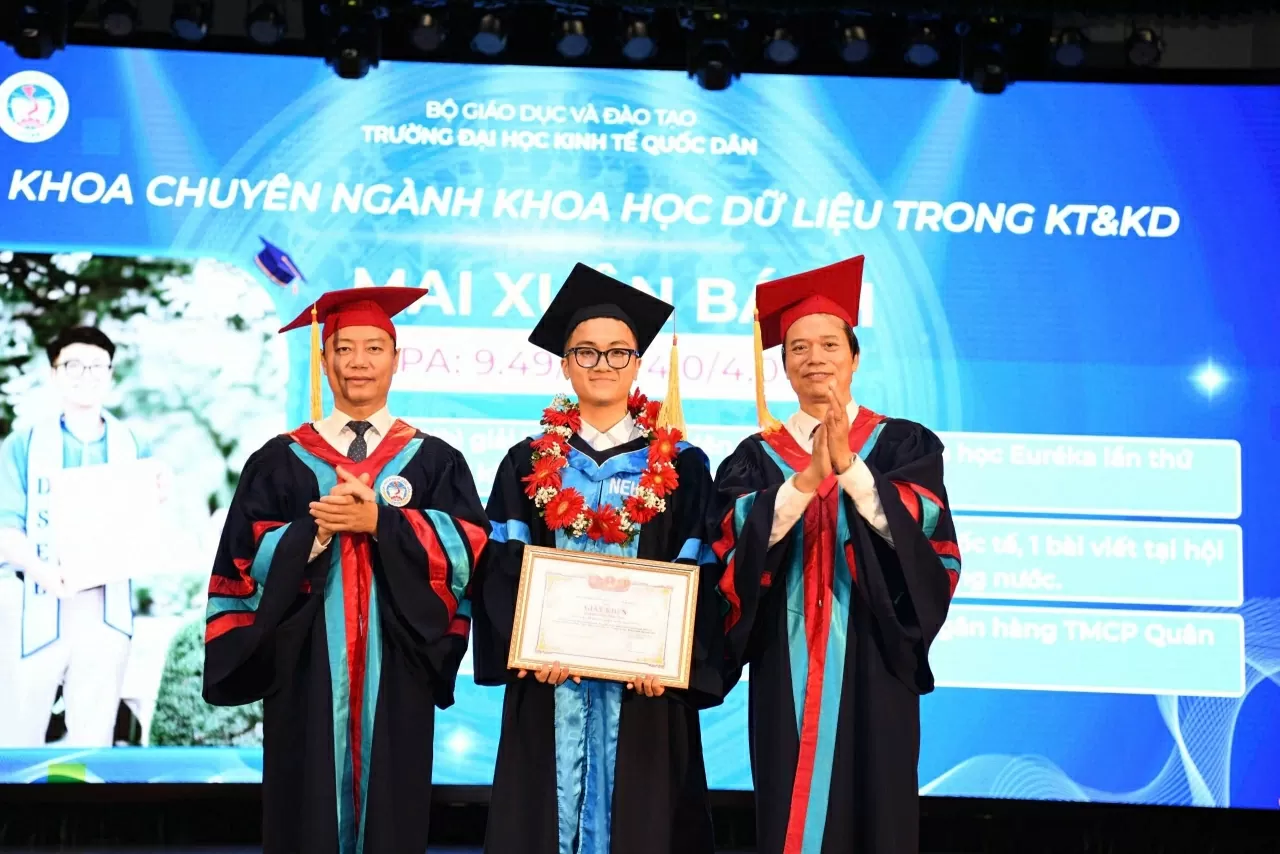
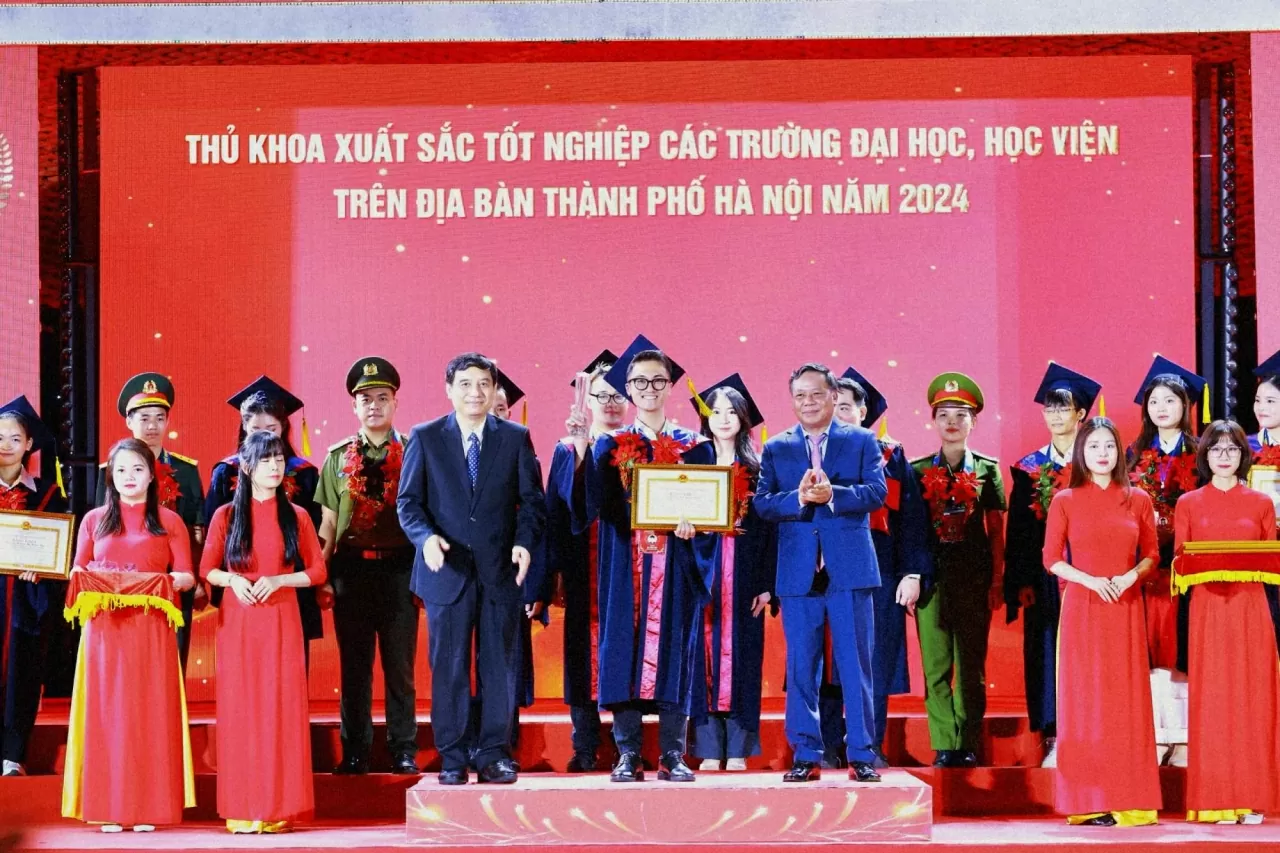


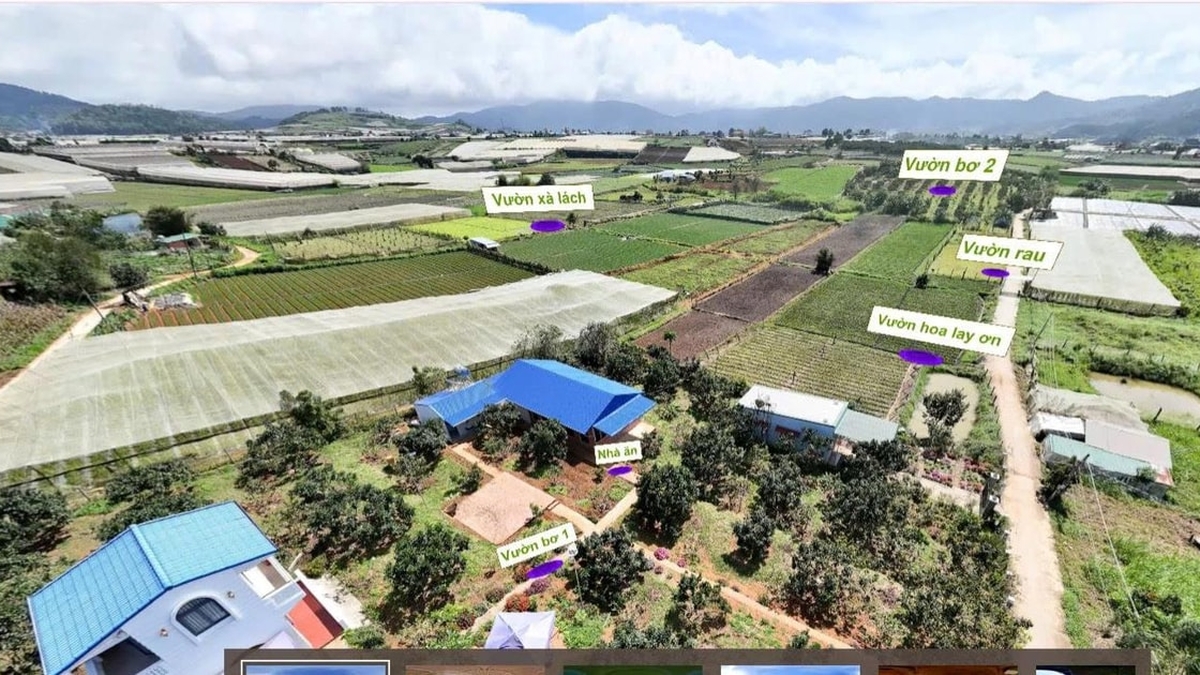

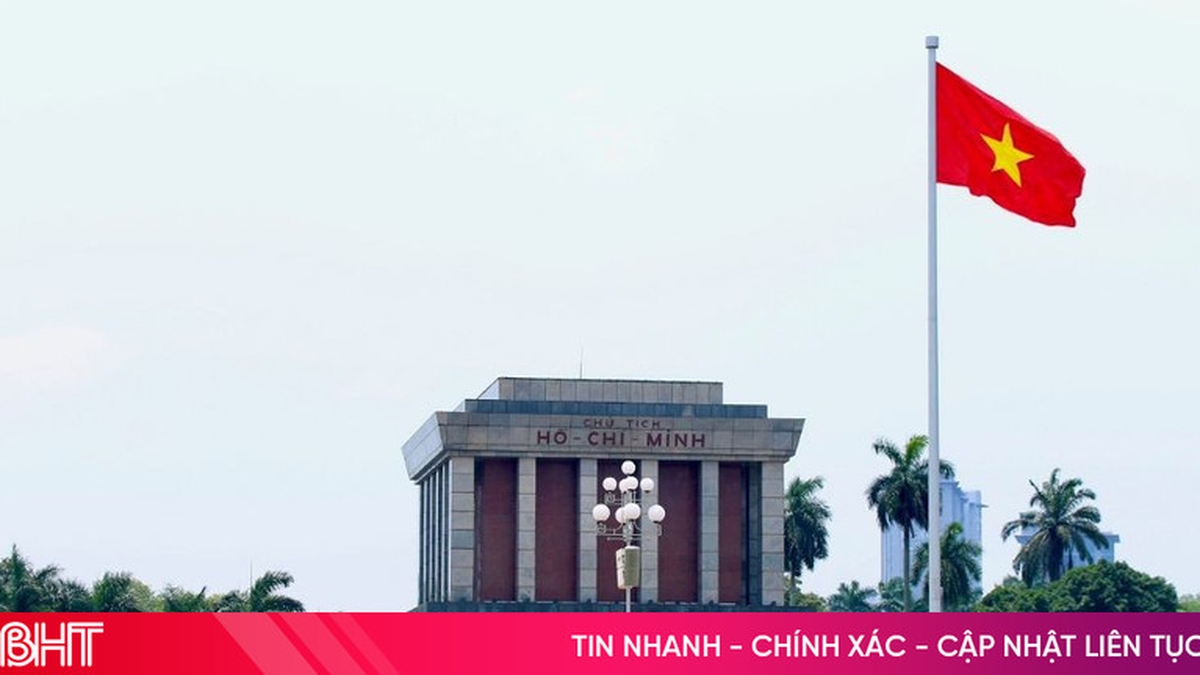


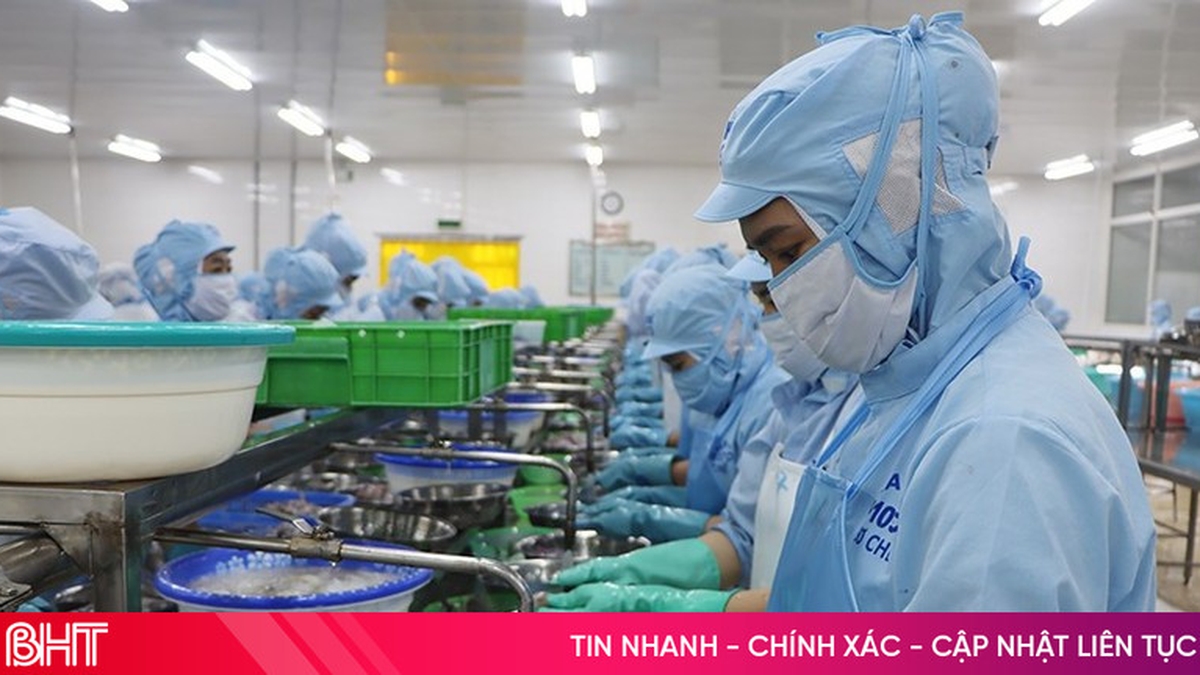
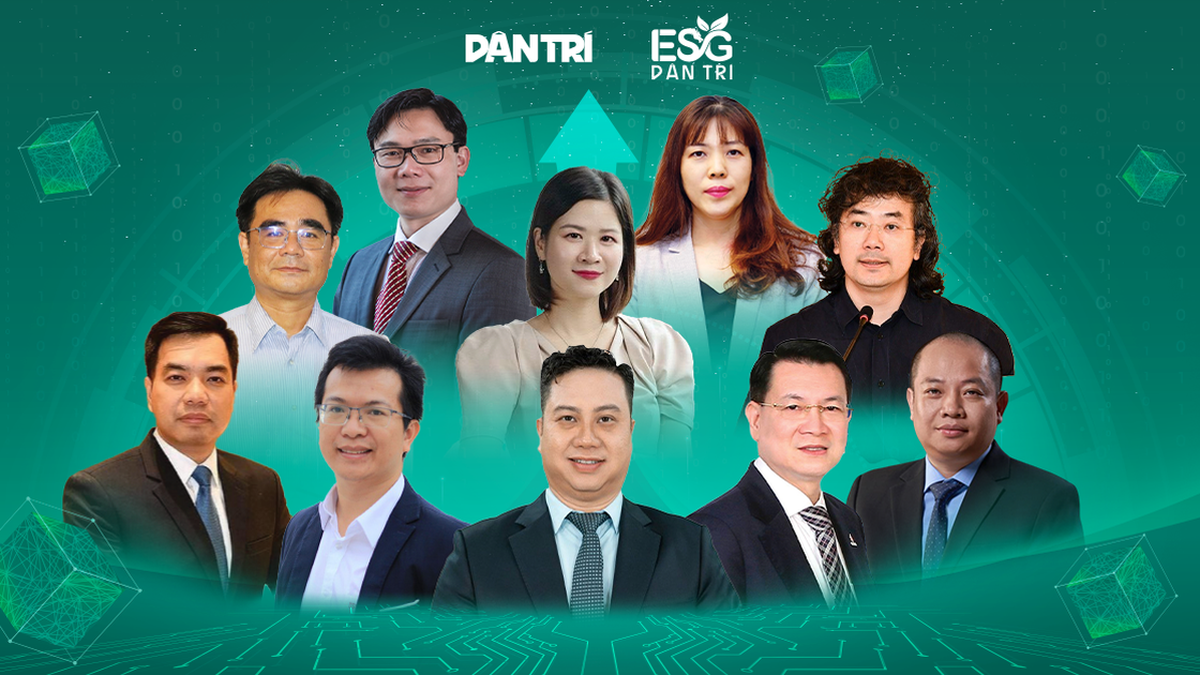















![[Photo] National Assembly Chairman attends the seminar "Building and operating an international financial center and recommendations for Vietnam"](https://vphoto.vietnam.vn/thumb/1200x675/vietnam/resource/IMAGE/2025/7/28/76393436936e457db31ec84433289f72)








































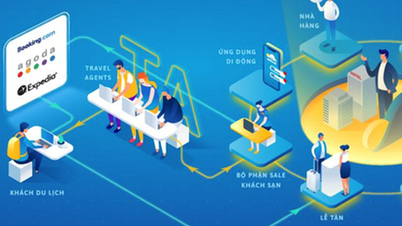





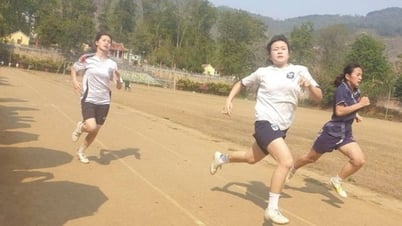


























Comment (0)